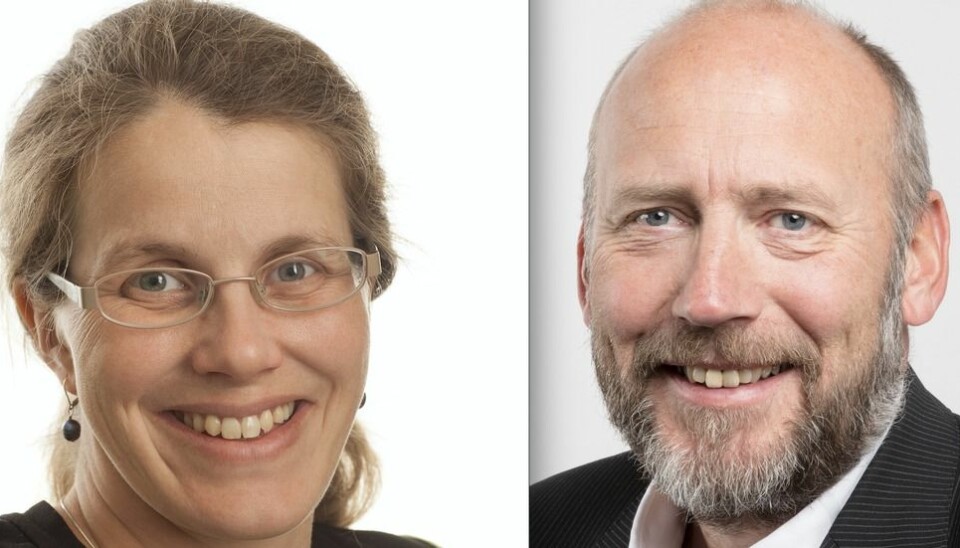Ytring:
Research in the time of Corona
«Now it is important to acknowledge the challenge young researchers experience and to share best practice and new alternative ways to do science.»
- We need to re-plan and think outside the box, urge Ingelin Steinsland and Tor Grande.
NTNU
Half a year has passed since the pandemic lockdown, and it has changed how we can do science. Being part of the international research community is important in research, and in practice this has been done by participation at international conferences, internship at labs abroad and international collaboration and co-authorship.
For PhD candidates and post docs becoming part of the international research community is essential. However, the present circumstances interrupt plans for research at labs abroad and participation at physical conferences and workshops. The current generation of young scientists need to carry on their career with the uncertainties of the future and the expectations from the past. Now it is important to acknowledge the challenge young researchers experience and to share best practice and new alternative ways to do science.
While many international conferences were cancelled at short notice in the spring and summer, many are now transformed to virtual conferences which makes it easy and cheap to participate. It is important to contribute actively at selected conferences. Cross-institutional seminar series are also appearing, which gives new opportunities. We all have to learn how to participate in good ways to these new digital events. Most likely will we not return to the situation before the pandemic, and we should be aware and participate when this new landscape is forming. Today’s PhD candidates and post docs can be the first of a new generation.
However, international conferences are more than presenting our most resent work and listening to other scientist presenting their work. This is also an arena for discussing science for scientists in your own field, but boarder than the local environment. This is often done outside the formal program. We may return to this situation, but meanwhile alternatives are needed. It is of outmost importance that the local and national science communities are responsible and create these alternatives for the young generation of scientists.
The immediate consequence of the lock-down for PhD students and post docs at NTNU was the loss of access to labs and cancelation of planed field work. Today, labs at campus have re-opened, which has made it possible for many to carry on with their research. But others need to look for alternatives to compensate for the cancelled plans to go abroad to do experiments or field work. To find alternatives for these lost opportunities for young scientist are critical and needs to be addressed at the local academic community, at NTNU as well as at national level.
Doing science in the home office was another dramatic consequence of the pandemic. In short term this worked out well for many, but for other the working conditions at home were difficult. Today, most have returned to campus. But the corona restrictions still challenge the local academic working environments, with restrictions on the number of people that can meet and room capacity. This situation has been and still is particularly challenging for those who have just recently started their career at NTNU. It is now important that we all, from rector to PhD-candidates, address the need to find good alternatives to secure good academic working environments for all of us, particularly those new at NTNU.
Above we have described some of the new obstacles the young generation of scientists have to face. We need to acknowledge these challenges, and to re-plan and think outside the box. Supervision and institutional support are both more important and harder than before. We recommend to quickly share best practises between research groups and departments, within NTNU, nationally and internationally, when it comes to alternative ways to do science in the time of Corona.

























